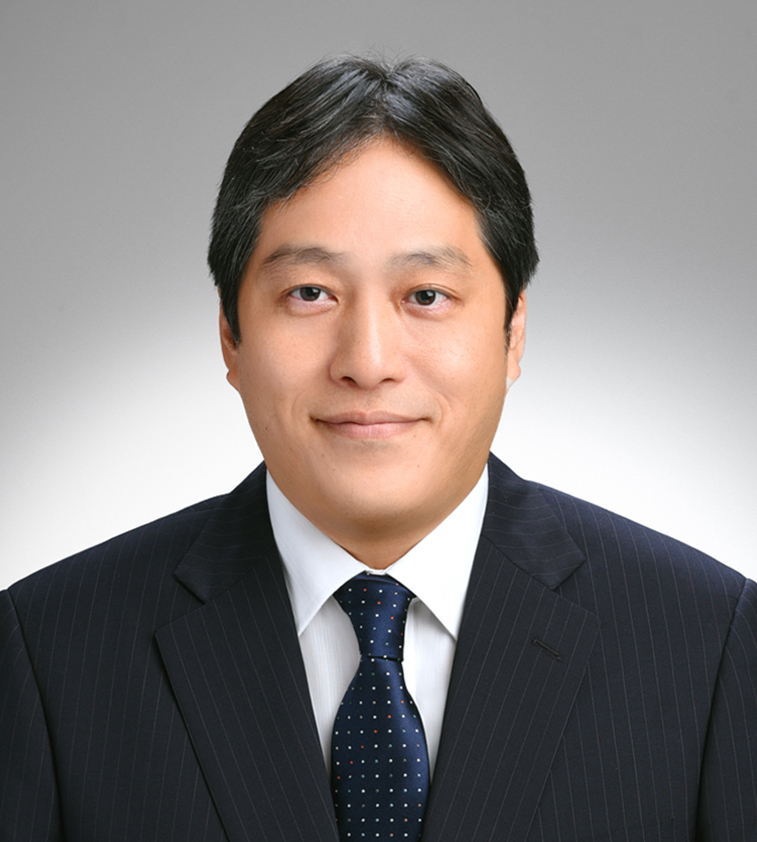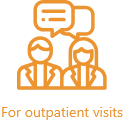Message from the Director of the Department
The Department of Neurology deals with stroke and dementia developing from lifestyle-related diseases or metabolic syndrome, headache, and Parkinson’s disease, which are expected to account for increasing numbers of patients. In addition to them, the department targets neurodegenerative diseases or neuroimmune disease, and rehabilitation medicine, which are extremely important specialized fields in emergency medical services. In our department, we conduct advanced differential diagnosis by each specialist and strive to provide treatment that can be of relief to patients and their families.

Director,
Department of Neurology and StrokologyHiroyuki Ishiura
Scope of Target Diseases
- Stroke: responding to diseases such as cerebral infarction on a 24-hour basis.
- Dementia diseases: such as Alzheimer disease
- Neurodegenerative diseases: Parkinson’s diseases, spinocerebellar degenerative disease, amyotrophic lateral sclerosis, multiple system atrophy, etc.
- Immune neurological diseases: myasthenia gravis, multiple sclerosis, autoimmune diseases, etc.
- Peripheral nerve diseases: Guillain--Barre syndrome, chronic inflammatory demyelinating polyneuropathy, etc.
- Infections of the nervous system: encephalomyelitis, meningitis, Creuzfeldt--Jakob disease, etc.
- Myopathies: myositis, muscular dystrophy, etc.
- Dynamic disorders: headache, neuralgia, epilepsy, facial spasm, spastic torticollis, etc. (Botulinus therapy is provided as a specialized outpatient service.)
Features and Description of Medical Care
We make diagnoses of various diseases of brain, spinal cord, peripheral nerves, and muscles. In the outpatient clinic service, specialists certified by the Japanese Society of Neurology and The Japan Stroke Society play a central role in providing medical treatment. Particularly, we provide treatments for patients with headache, numbness, dizziness, loss of memory, shaking of limbs, weakness/anesthesia of a limb, muscle atrophy, muscle ache, abnormality of gait, impaired tongue movement, cramps, etc. As a treatment service for typical diseases, we actively apply thrombolytic treatments with tissue plasminogen activator (t-PA) for hyperacute cerebral infarction and produce good results. We administer the latest evidence-based medication to prevent recurrence of cerebral infarction. In terms of dementia, we use the latest treatment strategy for early diagnosis and treatment. We are also dedicated to the treatment of neurological intractable and hereditary neuromascular diseases, including genetic counseling and state-of-art therapeutic and life-support activities.

Many patients, including those who are seeking a second opinion, have been referred to our department by numerous medical institutes throughout Japan including the Chugoku and Shikoku districts. Because our hospital plays a role of a core university hospital in Chugoku and Shikoku districts, we have organized the Sanyo Neurological Intractable Diseases Network and Sanyo Stroke Conference to provide medical support, life support, and work support for patients with neurological intractable diseases or stroke through conferences and patient meetings, striving to contribute to community medical care.

